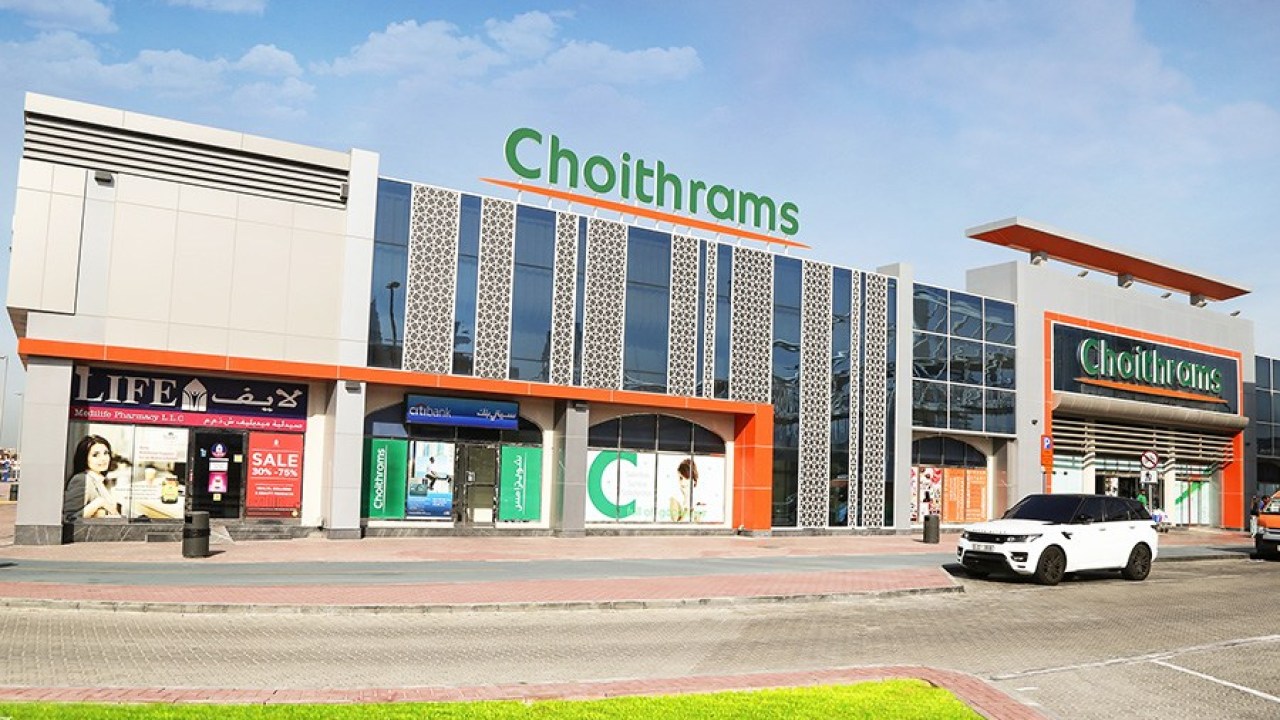Following on from the success of the Hong Kong market insights online forum in July, Export Connect arranged another online forum, this time on the UAE market and what Australian businesses can expect when it comes to exporting Australian grocery and retail products into the market. In this installment of the two-parter blog, we share the key insights gleaned during the online forum on the UAE market, impact of COVID-19 and growth categories in the current climate.
The UAE Market Insights and opportunities online forum attracted over 160 registrants, with 70% being from the food and agribusiness sector. 82% of the participants are exporters, with 52% currently exporting to the UAE. It was encouraging to see some of the biggest brands in Australia, including Arnotts, San Remo, Coles, Bundaberg Ginger Beer and Sun Rice, registering for the webinar, showing that whether there is a pandemic happening or not, it’s important to stay up to date on information surrounding exporting Australian products.
The online forum was presented in collaboration with the Australian Food & Grocery Council and Choithrams, and Export Connect was joined by Samantha Blake, Director of Industry Affairs at AFGC, as well as expert panelists from T Choithrams & Sons, Kirti Meghnani, Procurement Manager and Amit Nihalchandani, buyer responsible for Australian products.
About Choithrams
Choithrams is one of the leading high-end retailers in the UAE food FMCG market. With the first supermarket opening in 1944 in Sierra Leone, the company is now a multinational located in 25 countries with 40 stores across the UAE alone.
The regional headquarters in the UAE was established in 1974 with an initial focus on retail and commodity trading, however over the years, they have had a focus on growing not only the retail sector (10 new stores planned for the next two years) but also developing an extensive commerce portfolio of FMCG distribution channels.
Choithrams’ stores in Bahrain and Qatar include Macromart, Shoprite, Mega Mart Express and Mega Mart Stores with distribution to over 1500 outlets. In Oman, they have extensive distribution channels.
Choithrams is the exclusive distributor of over 30 major FMCG brands, delivering to 11,000+ customers of all trade channels. It is amongst the top 10 FMCG distributors in the UAE.
The company produces a private label of products in the categories of spices, juices, nuts, lentils, grains, flours and sugars, importing products from across the world.
UAE Market Insights
As with many other markets, the UAE offers a market that is of interest to many exporters. With a population of approx 9.6 million, and a per capita GDP of $43,103, there is certainly disposable income in the country as well as the propensity to spend in the market. It is a captive market where consumers are willing to look at and try new products.
Interestingly, out of the almost 10 million population figure, there is a large expat community – large enough in fact that only 12% of the population in the UAE are local Emiratis. There are approximately 16,000 Australian expats working and living in the country, while Indian and Pakistani expats make up just under 4 million people living in the region (2.62 million from India and 1.21 million from Pakistan).
Other interesting insights on the market include:
- Over 90% of food and beverage products are imported
- Retail sales of packaged food in 2019 was US$5.7 billion and forecasted to be US$7.4 billion by 2024
- Retail sales of fresh food in 2019 was US$8.4 billion with a CAGR of 7.6% forecasted to 2024
- Grocery retail value sales of US$17.4 billion with an expected CAGR of 3.5% between 2019 – 2024
- Food and beverage e-commerce sales of US$115.9 million with an expected CAGR of 16% between 2019 – 2024
These figures are pre-COVID, however, sales are starting to come back to normal levels.
Impacts of Global and Local Developments
The impacts of COVID-19 and other local developments have played an interesting role in the UAE. While Dubai specifically relies very little on oil, tourism and aviation are the main focus and have therefore felt the brunt of the current pandemic. Retail is benefiting through people not going out or eating out as often (like many they are cooking more at home), and grocery sales have mostly gone up. Some categories that are more tourist-based – textiles and chocolates, for example – have lost ground.
For Choithrams in particular, E-commerce sales have been steadily growing in the last four years, however, like many other similar businesses, they weren’t ready for the rapid increase in E-commerce sales. They are now back to normal, with almost all products that are in-store on-line, particularly within the essentials and miscellaneous categories.
Locally, the recently introduced taxes on tobacco, energy drinks and sugar have played an interesting role. The tax on tobacco and energy drinks came into effect around mid-2018, initially saw sales of these two products fall. While it took a little while, they have now regained sales in volume. The sugar tax came in around December 2019 and has hurt the industry. Residents are now more conscious about sugar, and it has put into the minds of the consumer that sugar is a bad product. Whether the sales of sugar products come back like tobacco and energy drinks remains to be seen. These taxes are substantially influencing the purchasing patterns of consumers in the region.
Growth and Movement Categories
Kirti Meghnani notes that perishables in particular – fruit and vegetables, meats, deli and bakery products, offer the biggest movement. Choithrams has seen significant growth in these products even over the last few months during the COVID pandemic.
Kirti also mentions that the health foods sector has grown a lot in the last 2 – 3 years, and Australian organic products are trending and selling well. The frozen foods sector has also been growing. Mr Meghnani says that “people are now moving forward and understanding that frozen food is not bad, it’s just the way it is made and offers longer shelf life.”
This is the end of the first part of a two-parter insights series. You can read the second part of the series on our blog next week. The second online forum held by Export Connect was received very well, with plans to repeat these monthly. We hope you’ve found this overview of our recent online forum on exporting into the UAE helpful. As always, if you’ve got any questions or want to discuss export opportunities for your company, feel free to drop us a line at Export Connect – we’d love to hear from you.




